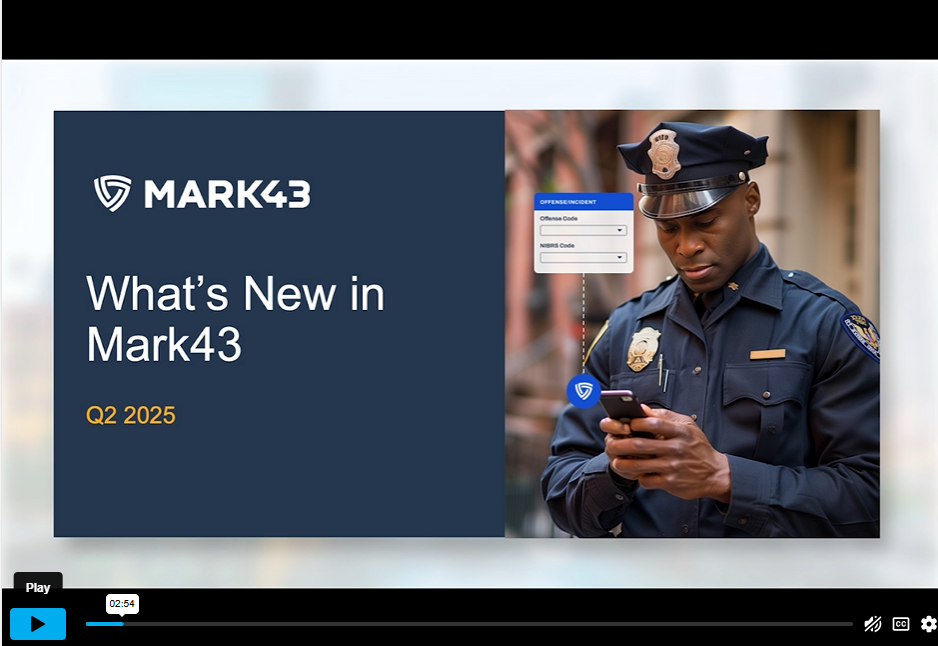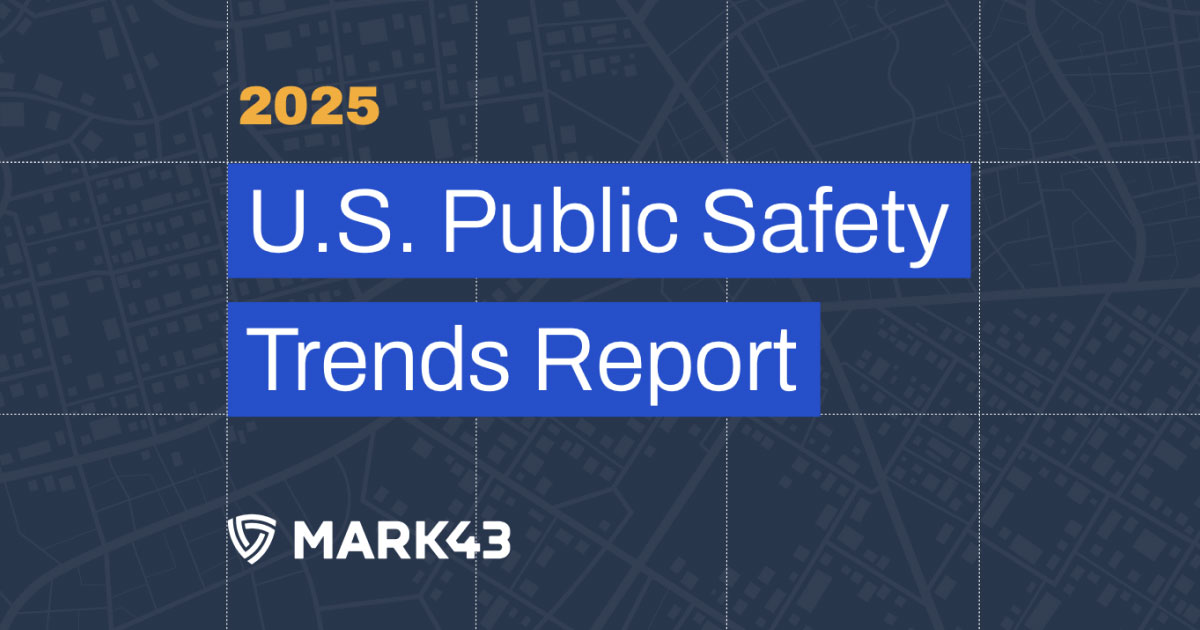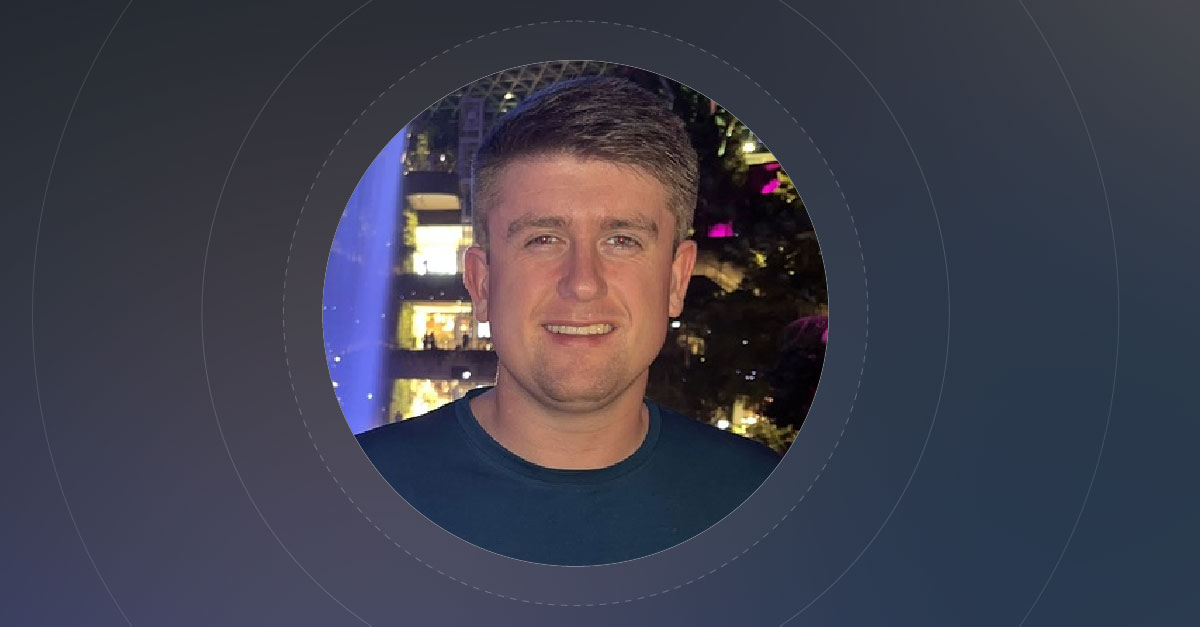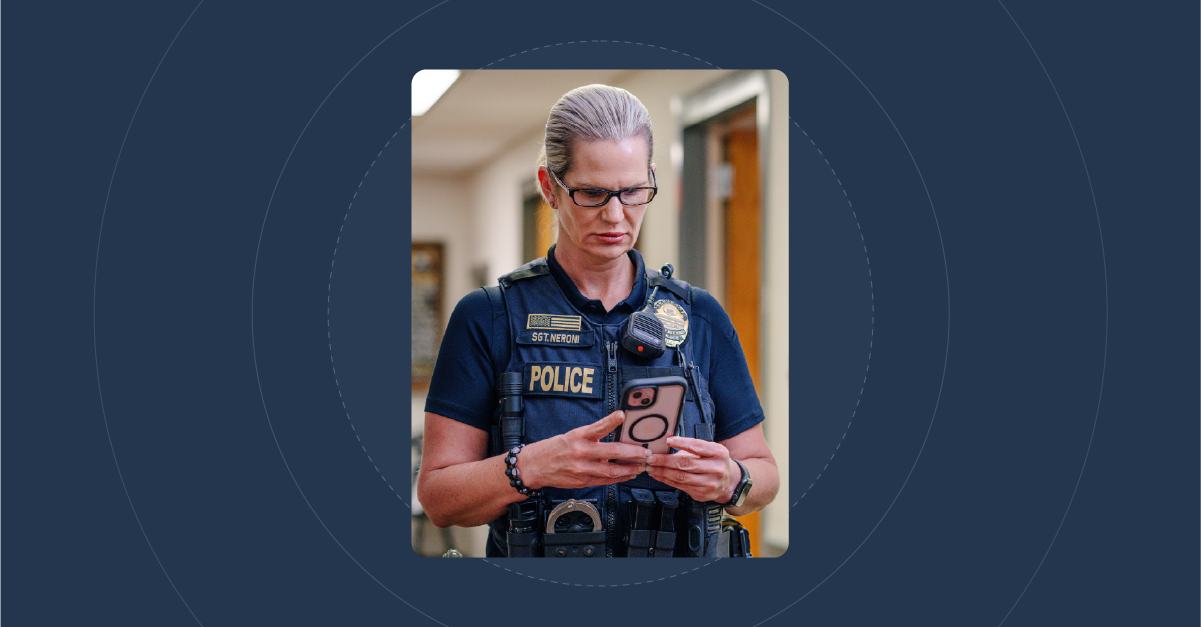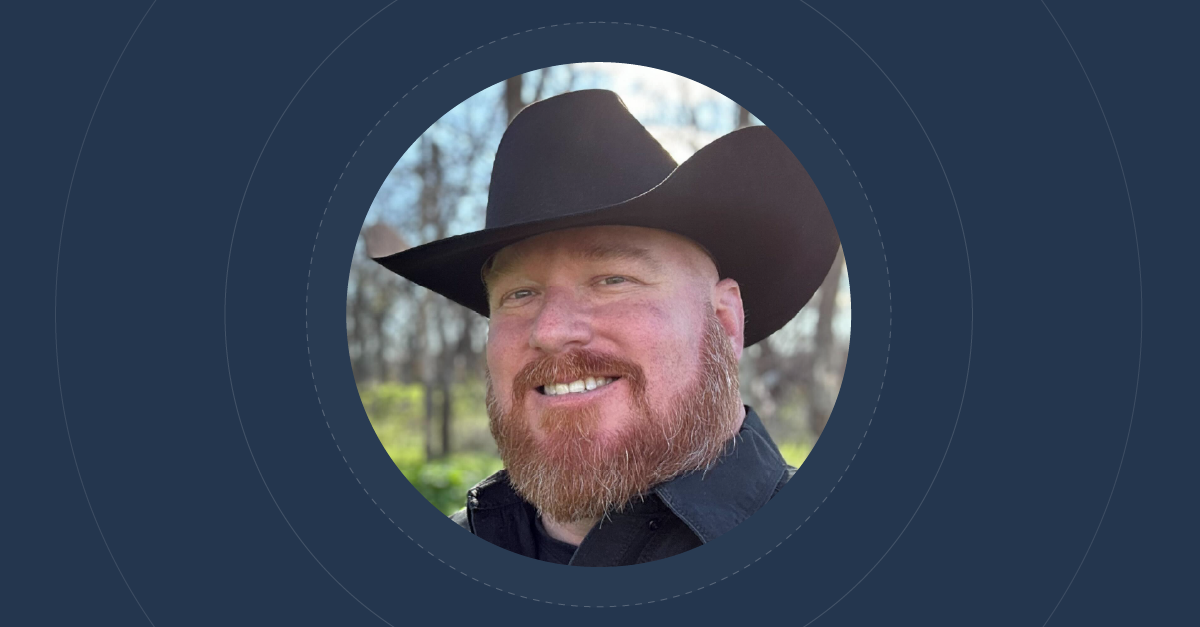
“Reimagining public safety” is a phrase we have often heard in recent years, but many see as yet another slogan. For years, law enforcement has recognized that there are complicated issues, particularly at the intersection of public health and public safety. Law enforcement has consistently asked for help to address issues like homelessness and mental and behavioral health crises. When resources never came, agencies created their own new units with too few people and not enough training or funding. At the same time, law enforcement-involved shootings and deaths involving people in crisis dominate the news. So people needed an answer: “Let’s reimagine public safety.”
One of the concerns with the phrase “reimagining public safety” is that to adequately address the issues, we need to reimagine the entire system, not just public safety. This includes public health, housing, economic development programs, education systems, corrections, and the often failing safety net for those most at risk. Reforming the system requires an understanding that there is a historic underinvestment in equitable community solutions that work.
Many jurisdictions have seen stakeholders come together to find alternative approaches to the delivery of public safety services in their communities. Law enforcement and other public safety professionals should participate as equal partners in the dialogue and, if necessary, drive the discussion until all the right people are at the table. If nobody else is taking the initiative, law enforcement can organize the effort, but at the end of the day, the right people need to be at the table working in collective purpose to address these complicated issues.
Law enforcement is often expected to be everything to everyone because they are an agency on-call 24/7. Most people are surprised to learn that violent crimes comprise a very small portion of law enforcement activity. Even more relevant, at this moment, is data involving calls for support for vulnerable individuals. Studies show 9-1-1 calls related to mental health concerns account for four to ten percent of all calls for service, but the duration of time required for these responses exceeds the usual time law enforcement spend on most other calls they receive. Any conversation about alternative response should use data to tell the story of what an agency does throughout the day.
Law enforcement are required to stretch and do more than their training has prepared them for, and certainly more than their time and resources allow them to. In Baltimore and Seattle, we witnessed this firsthand. We each worked for agencies scrambling to secure funding for programs to meet the vital needs embedded in the “reimagining” catchall.
To be clear, we are not here simply to defend law enforcement. Public concerns based on damaging realities ultimately perpetuate harm in our communities. Many calls for reform include addressing systemic bias and mechanisms for prevention and intervention — two terms which, until recently, were not in many agencies’ vocabularies. Law enforcement agencies are facing complicated issues that require a more comprehensive response. We are here to promote structural supports that will equip agencies for fair and equitable law enforcement that minimizes harm and provides better outcomes for all.
The intersection of public health and public safety — specifically the response to people in mental health crises – is one of the areas most impacted. Jurisdictions across the country are developing test response models as alternatives to law enforcement interventions. Notably, some of these programs have existed for decades, and the good work of those quietly responding to the most vulnerable in their communities cannot be overemphasized.
To our knowledge, there is no single clearinghouse that captures these efforts. To that end, Mark43 developed the Mark43 Crisis Response Directory. This directory is a collection of selected, publicly-available mental and behavioral health crisis response models from North America, Europe, and Australia. This regularly updated directory is a repository of programs, though not exhaustive given the continued emergence of new response models to address evolving community needs.
Mark43 also produced a white paper, “At the Intersection of Public Health & Public Safety: 7 Crisis Response Models.” Municipalities worldwide are leveraging innovative programs to meet their communities’ mental and behavioral health needs. These programs are as varied as the communities they serve and span seven distinct categories. This document explores each model type, including the types of responders, unique model characteristics, and example municipalities, by filling out the form and downloading the white paper today. We hope that other law enforcement agencies can use this as a reference, evaluate their own needs, and see what can be replicated or implemented based on the resources and partnerships in their jurisdictions.
We know this is hard work. Obstacles are numerous, and needs are complex. Money, training, and support for the type of changes demanded are nonexistent. Media are beating those agencies up. Communities are hurting and therefore have little patience or tolerance for the shortcomings of those charged with keeping them safe. We aim to help the profession meet their community’s expectations, and we are not alone.
We are optimistic about the future of law enforcement. More and more, law enforcement, communities, and other stakeholders contemplate the intersection of public health and public safety as co-responder programs, mobile crisis teams, and civilian-only responses emerge. The mere existence and expansion of alternative response models signal tangible change that does not require too much imagination.
Ganesha Martin, Esq., is a change agent working at the intersection of diversity, law, and police reform. She has dedicated the last decade to improving the culture of policing in the nation’s most divided cities. She currently serves as Vice President of Community Affairs and Public Policy for leading cloud-native public safety software company Mark43.
Kathleen O’Toole, JD, Ph.D, is a career police officer and lawyer with an international reputation for principled leadership, reform, and innovation. She has served as Commissioner of the Boston Police Department, Chief Inspector of the Garda Síochána, the national police service in the Republic of Ireland, and Chief of the Seattle Police Department. She continues to consult across public, private, and non-profit sectors. She is a member of the Mark43 Board of Directors.



